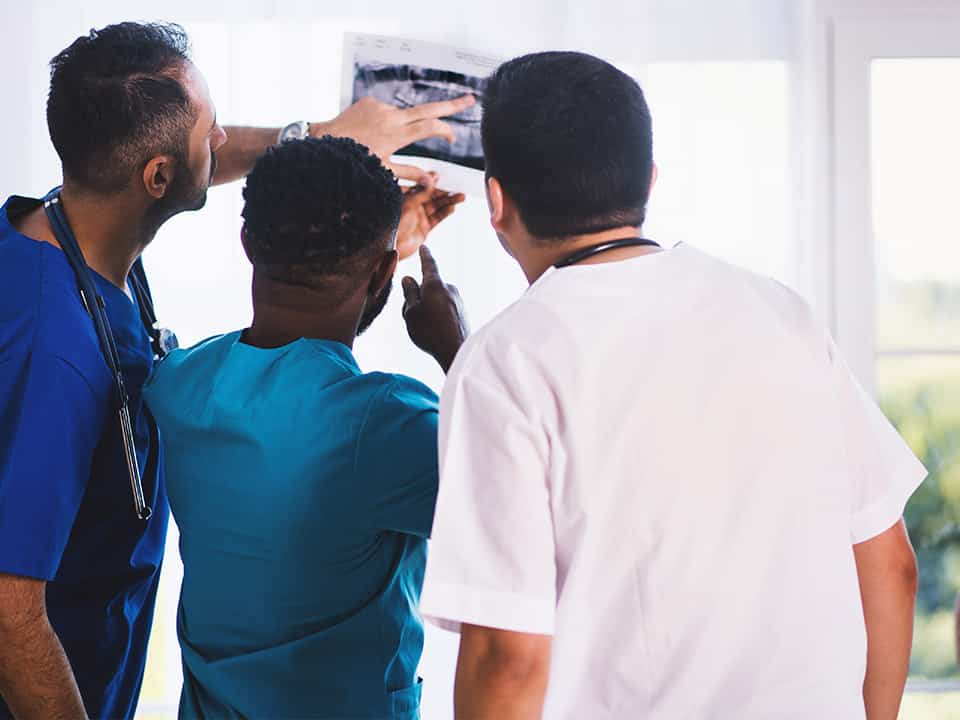Medication Errors
ROB LEVINE, MEDICAL MALPRACTICE LAWYER
VICTIM OF A MEDICATION ERROR? GET AN ATTORNEY
One of the most common claims for medical malpractice is medication errors. It has been estimated as the third leading cause of death in the United States. Since the process to prescribe and give medications to patients is complex and often includes many steps, there are many ways where patients can suffer due to medication error.
GET HELP NOW! THE HEAVY HITTER® IS HERE FOR YOU
CONTACT US NOW FOR ASSISTANCE 24/7. NO FEES UNTIL YOU WIN
WHAT IS A MEDICATION ERROR?
Most of the time, mistakes are made with dosages. If a patient is prescribed something with a low enough dosage, their condition will either stay the same or deteriorate further. On the contrary, a dosage too high could cause other side effects that could create additional conditions or injuries. In these cases, a doctor may accidentally write the wrong dosage on the prescription, the nurse could give the wrong amount to the patient, or medical machines could have technical difficulties. Additionally, a hospital setting increases the likelihood of a patient receiving medication meant for another person.
In medical malpractice cases regarding medication errors, it is important to have an idea of the setting where the medical professional works. Possible reasons for medication errors include short staffing, malfunctioning technology, or untrained pharmacy technicians.
WHAT IS NOT CONSIDERED A MEDICATION ERROR?
However, there are limits to what can be considered a medical error claim. If a patient has an allergic reaction to a new medication that a reasonable doctor would not have been able to know beforehand, this would not be malpractice. Although unfortunate, treatments that are unsuccessful do not fall under the realm of medical malpractice.
Before you consider hiring an attorney to represent your case, you must know if you are simply angry at a medical professional or if you are the victim of medical malpractice. Contact Rob Levine & Associates for a free case consultation to determine if you have a medical malpractice case.
















